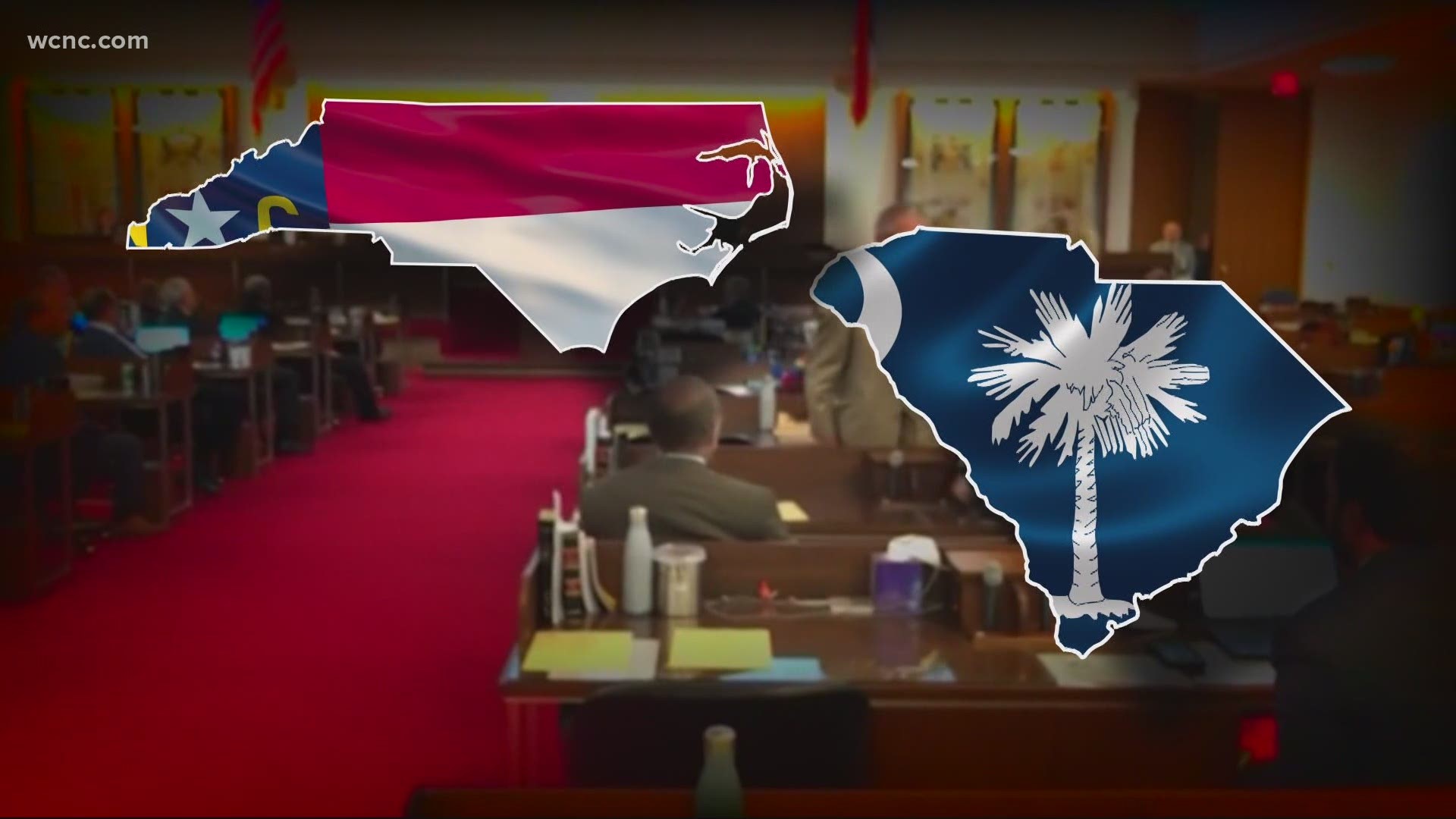CHARLOTTE, N.C. — A clearer picture is forming of how the COVID-19 pandemic has made the opioid epidemic even more deadly.
In North Carolina, fatal overdoses just hit a 10-year high. Now a major push is underway to tackle the issue with funding and policy changes.
Harvard researchers now estimate that 2020 will likely be the deadliest year on record.
"COVID has set us back five to 10 years," recovery advocate Tim Ryan said.
Ryan and his wife Jennifer, both recovering addicts themselves, say increased isolation and dwindling access to support in 2020 dealt a huge blow to people in recovery.
"We have a pandemic within a pandemic happening," Jennifer Ryan said.
More than half of North Carolina’s rehabilitation facilities had to close at least one program during the pandemic. More than a fourth laid off staff.
"I field personally 100 to 200 phone calls per day, and 90% of the people just don't know where to go," Ryan said.
According to the North Carolina Department of Health (NCDHHS), emergency room visits from opioid overdoses in the state had been going down since 2017. But they shot back up to a 10-year high in 2020.
The state’s three-year plan to reduce opioid deaths 20% by the end of 2021, now unlikely to happen.
But recovery advocates like Adam Jablin said there is hope for those struggling.
“If we just shine a light on just what the pandemic did for alcoholism, addiction, we can really send people right back into the pills into the bottle," Jablin said. "You know, we are out here. There is hope.”
Attorney General of North Carolina Josh Stein recently announcing consulting firm McKinsey, which helped opioid manufacturers market the drugs, has agreed to pay North Carolina $19 million as part of a national settlement.
That money will be used to battle the crisis, including funding more recovery programs.
RELATED: 'We had to do something' | Charlotte organization just put $500k into fighting the opioid epidemic
Lawmakers in both North and South Carolina have also now proposed bills that would require clinicians to co-prescribe naloxone, which reverses the effects of an overdose, to patients who are prescribed opioids.
Meanwhile, advocates emphasize the urgency of addressing the issue now.
“This is something that we should all be paying attention to," Jablin said. "Because after, you know, at the end of the day, right after all the politics and the pandemic, we're all stuck with one another. And if your loved one is sick, I feel for you. And if you're the sick one, please reach out.”
You can learn more about Jablin's mentorship and recovery programs here.
You can call the Substance Abuse and Mental Health Services Administration at 1-800-662-HELP (4357). SAMHSA’s National Helpline is a free, confidential, 24/7, 365-day-a-year treatment referral and information service (in English and Spanish) for individuals and families facing mental and/or substance use disorders.
A list of substance North Carolina abuse treatment centers by county is available here.

